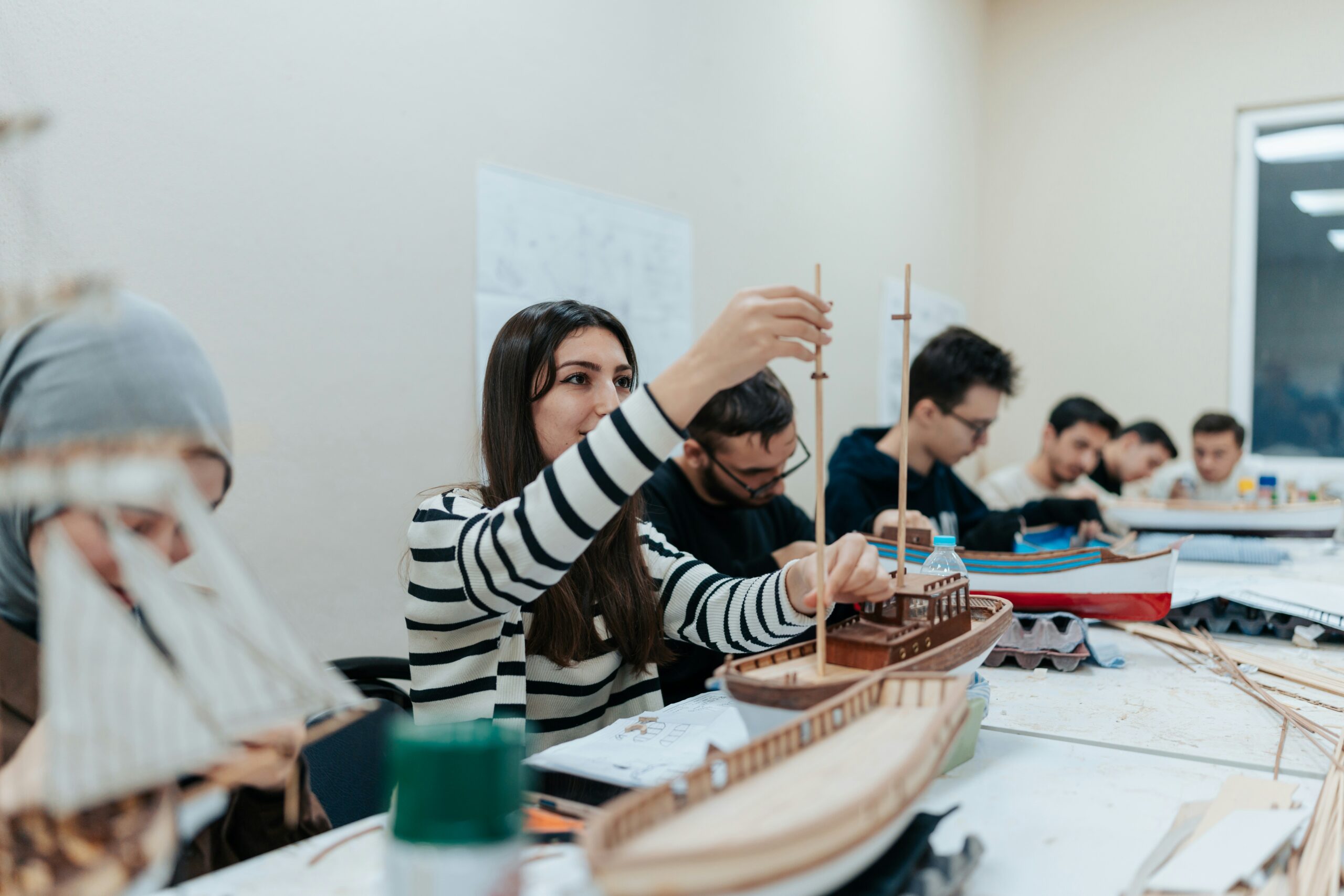
Students are increasingly significant in shaping global strategy in today’s rapidly changing world. From influencing policy decisions to driving technological innovation, their actions, ideas, and engagement in various global movements have far-reaching effects. Understanding how students shape global strategy provides valuable insights into the future direction of political, economic, and social systems. This article explores the various ways in which students impact the development of global strategies.
The Power of Student Movements
Student movements have historically been at the forefront of societal change, and their impact on global strategy is undeniable. These movements often emerge from a desire for social justice, equality, and systemic reform. Students are uniquely positioned to challenge the status quo because they represent the youth, most likely to be impacted by long-term societal changes. When students mobilize, they can draw attention to global issues, inspire other generations, and demand change from government leaders and international organizations.
Through protests, campaigns, and activism, students have pushed global strategies toward more inclusive and equitable frameworks. For example, climate change activism spearheaded by students such as Greta Thunberg has spurred global discussions on environmental policy, prompting governments and corporations to reevaluate their strategies for addressing climate issues. Students’ ability to organize and advocate for causes often drives the rethinking of policies and global strategies that affect the future of all societies.
Technological Innovation and Entrepreneurship
Students are also at the cutting edge of technological innovation and entrepreneurship, key components of global strategy today. Many of the most impactful innovations have come from student-led startups and research projects. These innovations have disrupted industries and altered how businesses, governments, and organizations approach global strategies. Whether artificial intelligence, biotechnology, or renewable energy advancements, students contribute to global economic shifts through their creativity and problem-solving capabilities.
The rise of student-led startups is another testament to students’ influence on global strategy. Universities worldwide have become hubs for innovation, where students and researchers collaborate to develop solutions to global challenges. Startups led by students often tackle significant issues, such as poverty, healthcare, and access to education. By finding solutions to these problems, students directly impact global strategies for poverty alleviation, healthcare reform, and educational expansion.
Student Participation in International Diplomacy
While students may seem far removed from formal diplomacy, their involvement in global discussions and negotiations is increasingly essential. Many students participate in Model United Nations (MUN) conferences, where they simulate real-life diplomatic negotiations and practice the art of compromise and problem-solving. These simulations allow students to explore international relations, understand complex geopolitical issues, and develop strategies for cooperation between countries.
Moreover, students who engage in international diplomacy often play key roles in shaping global strategies after graduation. They may work for international organizations, non-governmental organizations (NGOs), or multinational corporations, contributing to policy decisions that affect global trade, conflict resolution, and international cooperation. By participating in diplomacy and global discussions, students gain a deeper understanding of the world’s challenges and are better equipped to influence strategic decisions in the future.
The Role of Education in Shaping Global Strategy
Education is another crucial avenue through which students shape global strategy. As the world becomes more interconnected, the education system must adapt to prepare students for the global challenges of tomorrow. Today’s students are learning academic subjects and gaining exposure to global issues through curricula emphasizing international relations, economics, and sustainability.
Students are trained to think critically about global challenges and encouraged to devise innovative solutions. Through their academic experiences, they acquire the knowledge and skills needed to shape future global strategies. As students work on collaborative projects with peers from different countries, they become more attuned to the importance of cross-border cooperation and the need for strategic global solutions. These educational experiences empower students to become tomorrow’s leaders, guiding future global strategies.
The Influence of Social Media and Global Connectivity
In today’s digital age, social media has provided students a powerful platform to express their opinions and influence global strategies. Through platforms such as Twitter, Instagram, and TikTok, students can share their views, raise awareness about important issues, and call for action on a global scale. Social media allows students to connect with like-minded individuals worldwide, turning local movements into global phenomena. This interconnectedness has made it easier for students to drive discussions around human rights, climate change, and political reform, which influence global strategies.
Social media also allows students to organize global campaigns and raise funds for causes they are passionate about. By leveraging digital tools, students can reach audiences worldwide, making their voices heard and sparking meaningful change. Students’ ability to use social media as a tool for advocacy and activism has made them key players in shaping the global strategy of the future. With the power of digital connectivity, students can push for policy changes, promote global awareness, and contribute unprecedentedly to the worldwide discourse.
Students have a profound impact on shaping global strategy in many ways. Through activism, technological innovation, participation in diplomacy, education, and social media influence, students actively develop global strategies that address pressing issues such as climate change, economic inequality, and geopolitical conflict. Their ability to mobilize, innovate, and engage in global discussions positions them as key players in the ongoing evolution of international strategy. As the world continues to face new challenges, the role of students in shaping these strategies will only become more critical. Their ideas, actions, and perspectives will continue to influence global decisions and shape the future direction of the world.